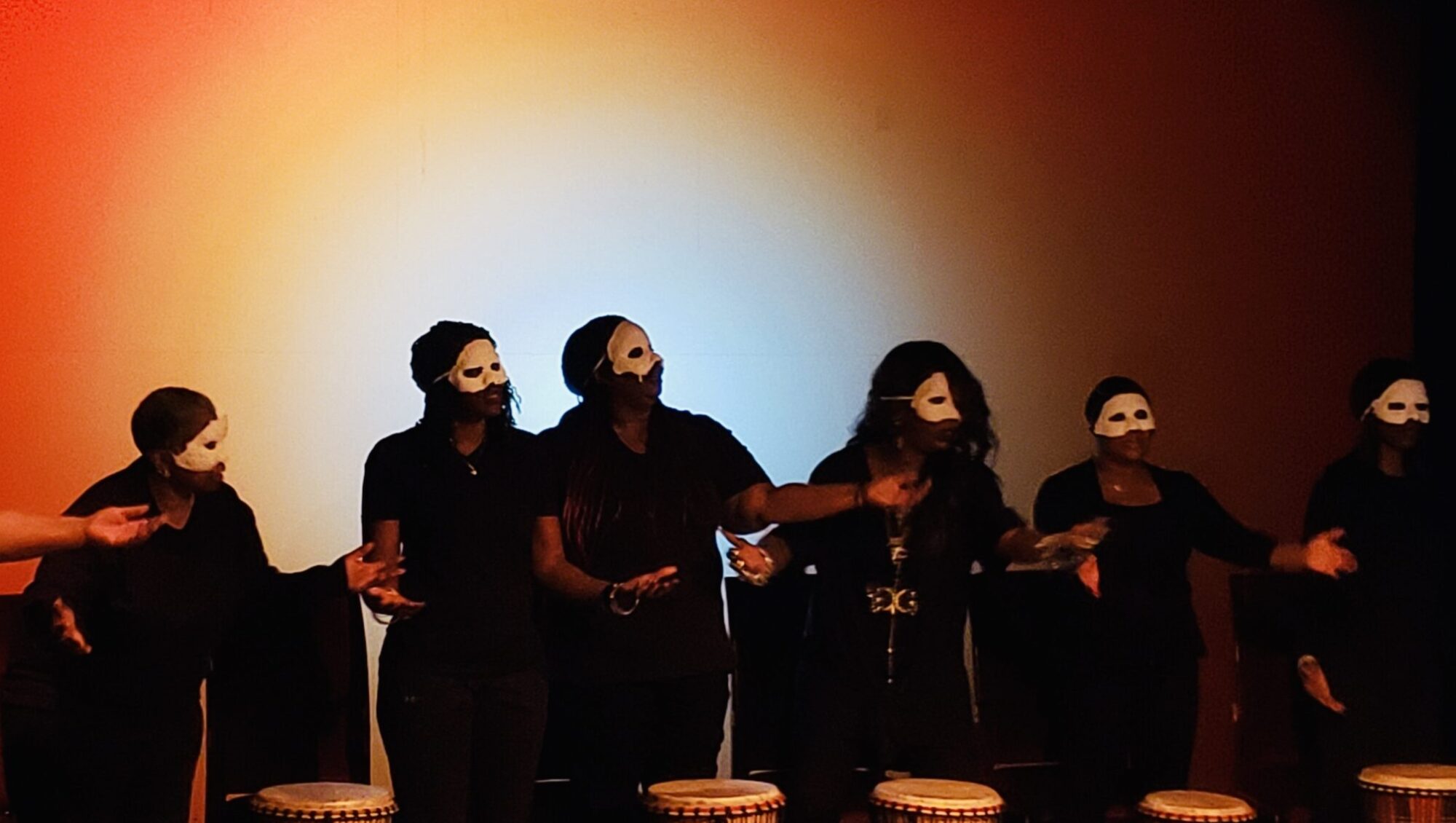The crisis of mass incarceration in the United States is — fundamentally — a spiritual crisis. There’s no need to believe in any god, nor adhere to any particular religious belief to accept the premise. For everything else it accomplishes — destroying relationships, diminishing lifespans, crippling civic participation, forestalling opportunities in love, education, and employment (and possibly even having some impact on criminal activity) — the experience of modern American incarceration, first and foremost, damages the human spirit. Our approach to overcoming the crisis will only be successful if we aim our efforts, to some significant degree, toward spiritual restoration.
The word spirit comes from the Latin root spirare meaning “to breathe.” Spirit is the breath of life, the force that animates all living things. To feel inspired is to feel as though life has been breathed into us. To aspire toward a goal is to “pant with desire” for something beyond our reach. Incarceration, like any traumatic experience, is dispiriting — the undoing of breath, of spirit, of inspiration and desire. Incarceration accelerates the expiration — the breathing out — of our very life force.
And the dispiriting is not limited to those who do the time. Locking people up the way the United States does — incarcerating more than 2 million people, which accounts for over 25% of the world’s jailed population despite having less than 5% of the planet’s inhabitants — affects us all. It certainly affects the spirits of the children, parents, partners, friends, and loved ones of those who languish behind bars. It damages the spirits of the neighborhoods, communities, and cities from which the incarcerated are plucked. The testimonies of crime survivors who participate in restorative justice processes — through which survivors and offenders seek healing and meaningful reparation through mediated interaction — suggest that even survivors of crime are negatively impacted by the way punishment is meted out against the people who harm them. And most broadly, society as a whole, and each individual member of it, is negatively impacted by locking up our fellow citizens in such massive numbers. Anyone who has spent time in a prison knows that the only spirits that seem to be suffering worse than those of the jailed are those of the jailors. On a spiritual level, on a cellular level, one cannot help but feel — and be — diminished in the act of denying a fellow human being their freedom, the very thing we all thirst for most. Whether we are the ones who turn the key to the cell door, or cheer “tough on crime” policies from the sidelines, or who through ignorance and apathy permit the brutal practices of contemporary incarceration to continue in our tax-paying names, we cannot escape our own spiritual diminishment. We are the jailors.
To grasp the spiritual dimensions of mass incarceration, to fully understand one’s own role within this wholly dehumanizing system, and to begin imagining concrete ways to contribute to its dismantling, requires a difficult and often painful journey. This is as true for those among us whose lives have been caught up in the system, as for those whose lives seem far removed from it. It’s a journey that sounds much simpler than it is — to overcome “the distance between ‘us’ and ‘them.’” It’s a journey, ultimately, toward the realization of our shared humanity.
